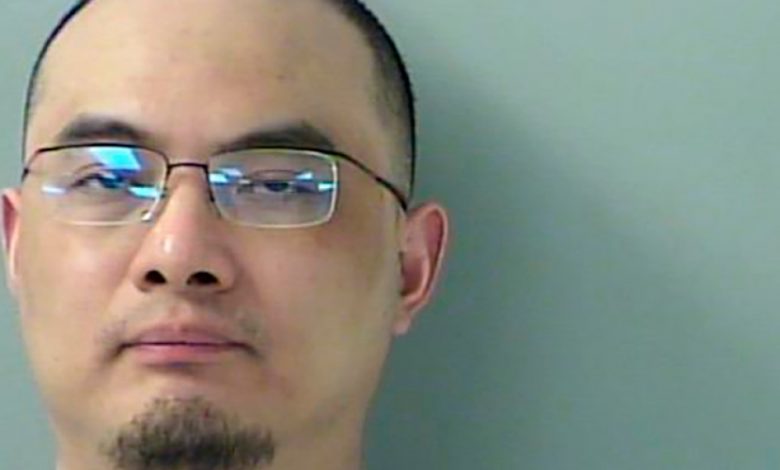Chinese spy sentenced to 20 years for attempting to steal trade secrets from US planes

A federal judge on Thursday imposed a 20-year sentence on a Chinese national convicted of attempted theft of trade secrets from several U.S. aerospace companies, including stealing proprietary aircraft engine fan technology.
Judge Timothy Black in Cincinnati dismissed the arguments of Yanjun Xu’s attorneys that a long sentence was too harsh and that the nearly five years Xu had served since his arrest was an adequate sentence.
The public prosecutor had asked for a prison sentence of 25 years.
“This case sends a clear message: We will hold accountable anyone who attempts to steal American trade secrets,” Kenneth Parker, US Attorney for the Southern District of Ohio, said in a statement. A message was left for Xu’s lawyers asking for comment.
The government claimed that, starting in December 2013, Xu recruited experts who worked at airline companies, including GE Aviation in Cincinnati.
Federal prosecutors named Xu as a deputy department chief at China’s Ministry of State Security, the country’s intelligence agency. In this role, he and other experts would pay grants to travel to China under the guise of a university presentation, the government said.
In particular, Xu has been accused by the government of attempting to steal technology related to GE Aviation’s composite aircraft engine fan, which was not duplicated by other companies to benefit the Chinese government.
Xu, 42, was arrested in Belgium in 2018 after traveling there to meet on business with a GE employee in Europe – the government says the employee has not been charged – and was later extradited to the United States.
Xu was charged with conspiracy and attempted economic espionage and stealing trade secrets and was convicted on all charges after a two-week trial last year.
Xu’s punishment must reflect his activities and efforts on behalf of China, prosecutors argued in a Nov. 8 court filing.
“The ruling must encourage respect for the rule of law among the myriad employees who have access to the trade secrets of American companies, but also among foreign governments seeking to convert such information,” they wrote.
Xu’s lawyers argued that he was not a spy, that he had never asked for trade secrets and that the case involved the legal exchange of commercial information.
“We urge the court to resist the government’s demands to treat Mr. Xu as an example, a message to an entire nation,” they wrote in a court filing before the sentencing. “Like any other criminal defendant, Mr. Xu is entitled to be treated as an individual, not a statistic.”
Our new weekly Impact Report newsletter will examine how ESG news and trends are shaping the roles and responsibilities of today’s leaders – and how best to address these challenges. Subscribe here.



